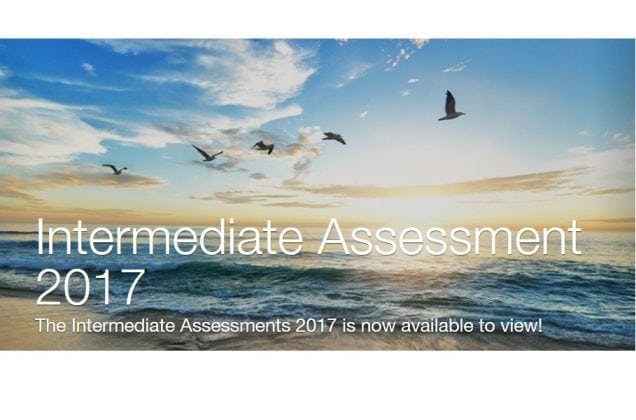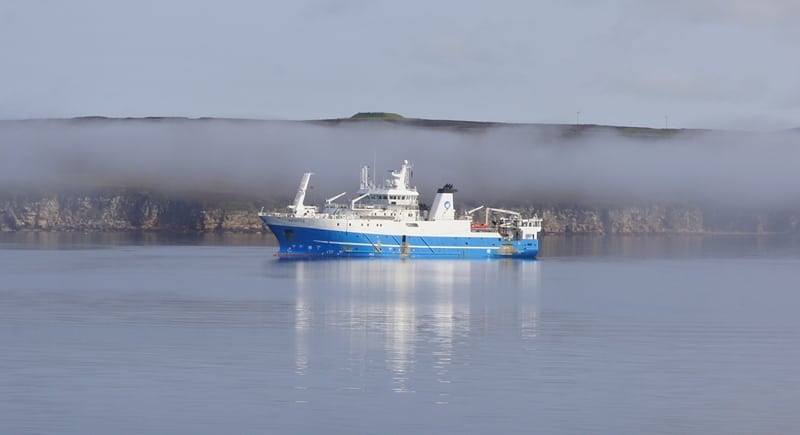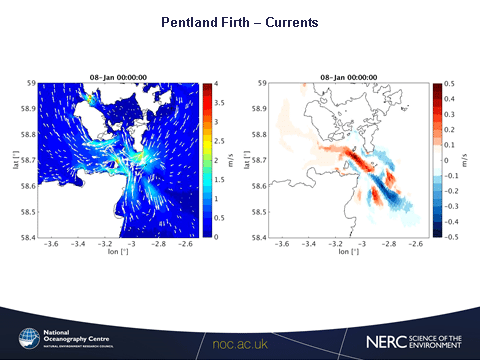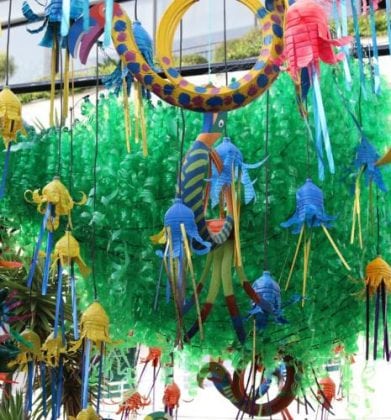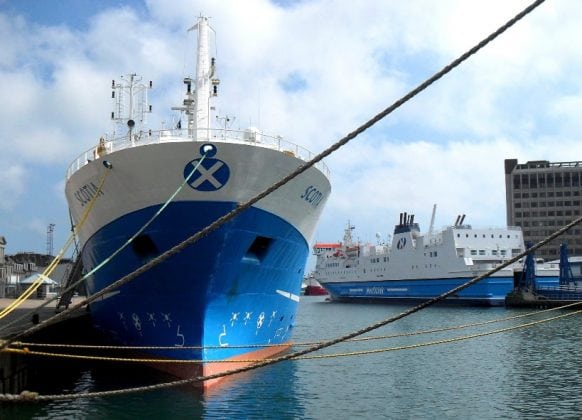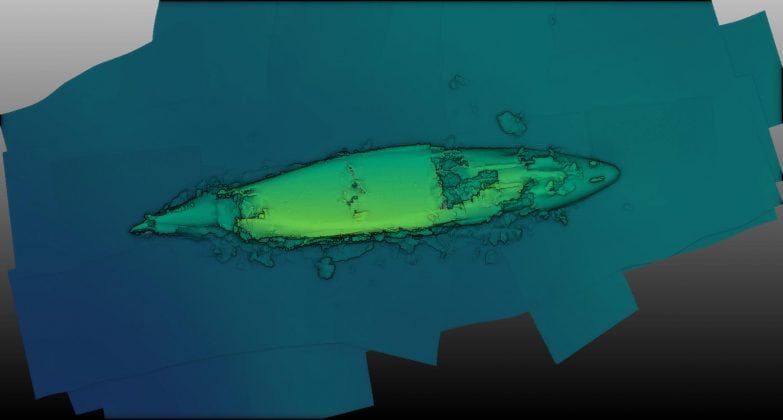Marine
-
When I’m calling you…
21st August 2017 by Marine Scotland Communications
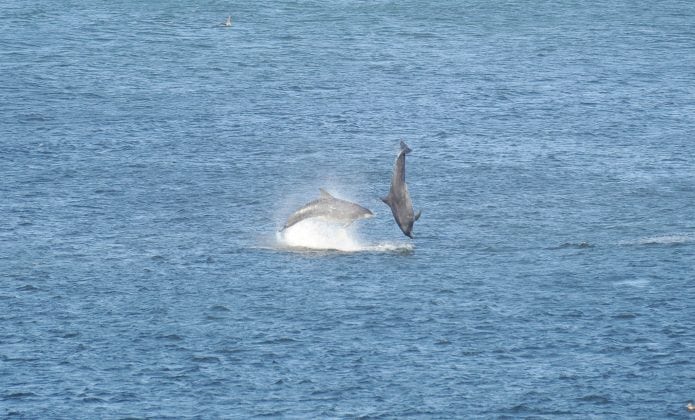
A new paper using underwater sounds to classify dolphin species has been published by researchers from the University of St Andrews and Marine Scotland Science (MSS). Many species of marine mammals use sound to navigate the seas and find food and their echolocation clicks can be detected by specialised underwater acoustic instruments. The MSS East...
-
IA2017 – Cooperation ensures progress
21st August 2017 by Marine Scotland Communications

The OSPAR Commission is the competent regional organisation guiding international cooperation on the protection of the marine environment of the North-East Atlantic. Through the global circulation of water and air, the North-East Atlantic is connected to, and impacted by, events in other parts of the world. As such, collaboration among governments and between government scientists,...
-
IA2017 – Discharges from offshore oil and gas installations have decreased due to OSPAR measures
14th August 2017 by Marine Scotland Communications

OSPAR has developed programmes and measures in respect of all phases of offshore oil and gas activities and undertakes annual assessments of discharges, spills and emissions from offshore oil and gas installations. Hydrocarbons and ‘chemicals’ are routinely discharged to the marine environment during offshore oil and gas operations. Assessment of the data for the...
-
Taking the temperature with the MRV Scotia
11th August 2017 by Marine Scotland Communications

Next MRV Scotia Survey Duration: 10 – 30 August 2017 Fishing Gear: GOV Trawl (BT 137) with Ground Gear A & B Objectives To complete an internationally coordinated demersal trawling survey in the North Sea in ICES area IV. To obtain temperature and salinity data from the surface and seabed at each trawling station using...
-
Modelling the future – and the past
10th August 2017 by Marine Scotland Communications

Hydrodynamic models are computer programs that simulate the movement, temperature, salinity and other properties of our seas. These models can complement observations to describe the physical marine environment in the past and the present, and provide forecasts. Marine Scotland has led the development of a model for the Scottish continental shelf waters called the Scottish...
-
IA2017 – Contaminant concentrations are decreasing, but concerns remain
7th August 2017 by Marine Scotland Communications

OSPAR countries have made significant efforts to reduce discharges, emissions, and losses of contaminants to both air and water. The effect of these efforts is clearly visible in reduced inputs to the Greater North Sea. The observed decreases in contaminant release from land-based sources and the offshore oil and gas industry show the continued progress...
-
Madeira. It’s not all about cake.
4th August 2017 by Professor Colin Moffat

Madeira is a small (801 km2) volcanic island in the Atlantic Ocean, almost due west of Marrakesh. With a total population not much larger than that of Aberdeen, this island relies heavily on tourism. In this context, it is perhaps not that surprising, that marine litter is something which they want to highlight. When I...
-
Taking PAM to visit Rosemary Bank
2nd August 2017 by Marine Scotland Communications

Figure 1: Map showing approximate location for mooring deployment and transects for each zone Duration: 31 July to 7 August 2017 Fishing Gear: 2 x bird observer boxes (plus rubber matting) 1 x passive acoustic device and moorings Objectives To deploy a passive acoustic device on Rosemary Bank To collect data on bird and marine...
-
IA2017 – Radioactive discharges from the nuclear sector have decreased
31st July 2017 by Marine Scotland Communications

OSPAR collects data on authorised discharges and environmental activity concentrations for several radionuclides. For the purpose of evaluation, OSPAR distinguishes those radionuclides that emit alpha radiation (total alpha activity) and those that emit beta radiation (total beta activity). Discharges from fuel reprocessing plants are much reduced but remain the dominant source of discharges from the...
-
Surveying the High Fleet – Update
28th July 2017 by Marine Scotland Communications

We blogged yesterday about the survey currently being undertaken on the German High Fleet in Scapa Flow. One of our scientists on board has sent us this update: This survey is working in conjunction with Historic Environment Scotland (HES), The Ministry of Defence (MOD), The University of the Highlands and Islands (UHI), Ulster University and other...

